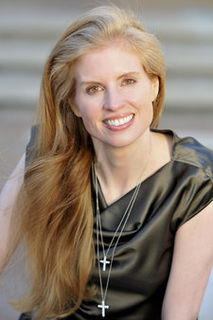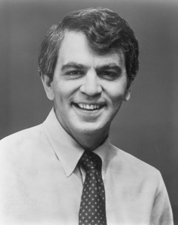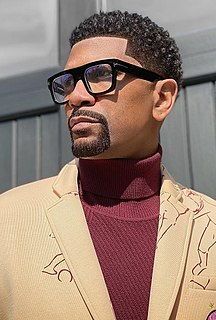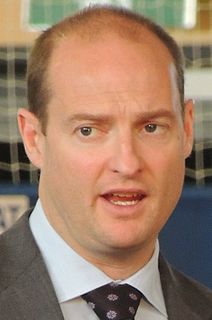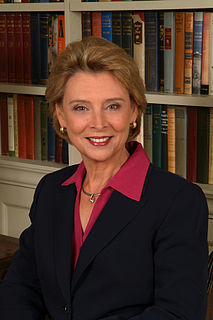A Quote by Laura Arrillaga-Andreessen
As philanthropists, the most powerful legacy we can create is one that keeps on giving - through our children.
Related Quotes
Banning human cloning reflects our humanity. It is the right thing to do. Creating a child through this new method calls into question our most fundamental beliefs. It has the potential to threaten the sacred family bonds at the very core of our ideals and our society. At its worst, it could lead to misguided and malevolent attempts to select certain traits, even to create certain kind of children -- to make our children objects rather than cherished individuals.
The intention behind our giving and receiving is the most important thing. When the act of giving is joyful, when it is unconditional and from the heart, then the energy behind the giving increases many times over. But if we give grudgingly, there is no energy behind that giving. If we feel we have lost something through the act of giving, then the gift is not truly given and will not cause increase.
For what is important when we give children a theorem to use is not that they should memorize it. What matters most is that by growing up with a few very powerful theorems one comes to appreciate how certain ideas can be used as tools to think with over a lifetime. One learns to enjoy and to respect the power of powerful ideas. One learns that the most powerful idea of all is the idea of powerful ideas.
Much of the pressure contemporary parents feel with respect to dressing children in designer clothes, teaching young children academics, and giving them instruction in sports derives directly from our need to use our children to impress others with our economic surplus. We find "good" rather than real reasons for letting our children go along with the crowd.
He touched the screen as if trying to reach through with his hand. "You're a wonderful young lady. I don't tell you that often enough. You remind me so much of your mother. She'd be proud. And Grandpa Tom" --he chuckled-- "he always said you'd be the most powerful voice in our family. You're going to outshine me some day, you know. They're going to remember me as Piper McLean's father, and that's the best legacy I can imagine.
